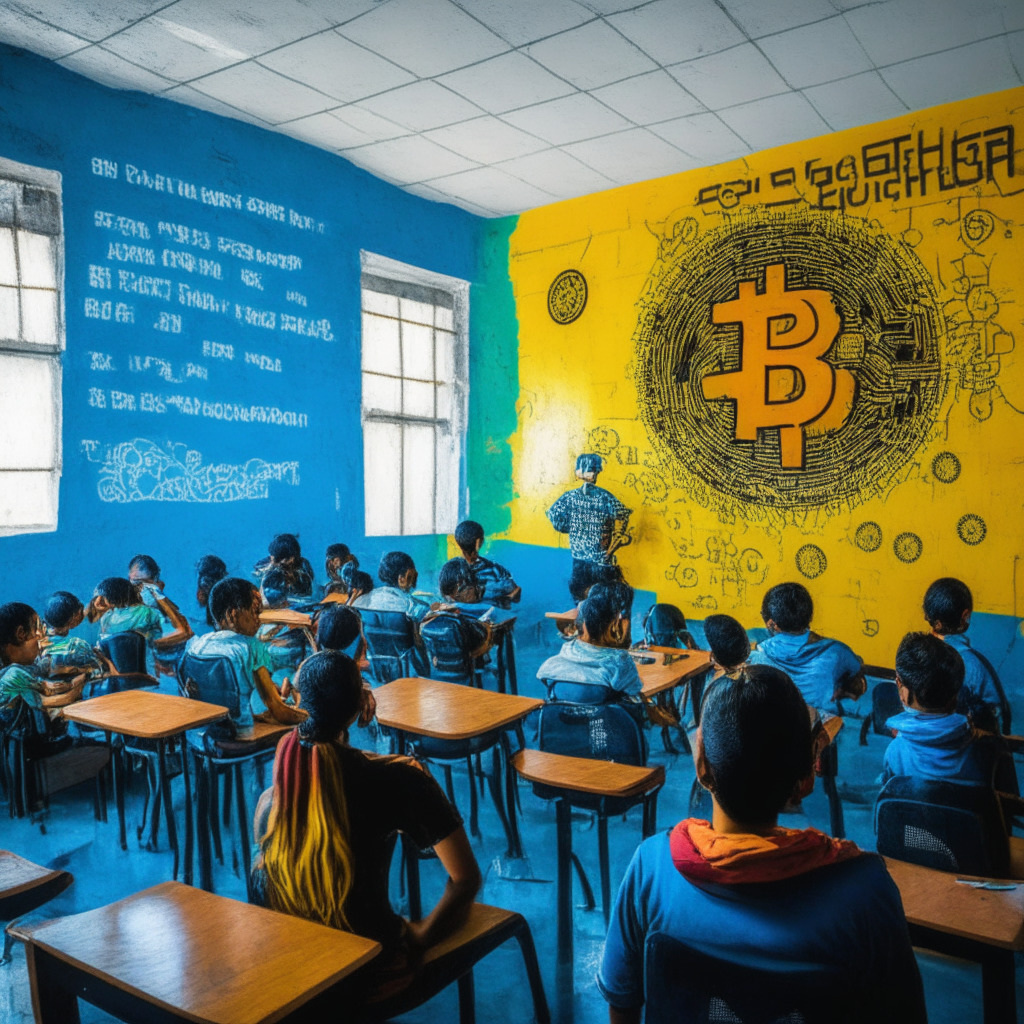The XRP Ledger (XRPL) from Ripple Labs, a decentralized blockchain, currently finds itself in the midst of an amendment voting process. The approval of these amendments is expected to make the ledger more efficient, with some specific changes leading to a large number of servers being blocked.
An example of a crucial amendment under debate is the “CryptoConditionsSuite”, which aims to add support for several crypto conditions for use within “EscrowCreate” and “EscrowFinish” transactions. This amendment was originally introduced in Rippled v0.60.0 but faced pushback from validators over an adaptation that could lead to the blocking of many servers. Servers running on old “rippled code” are particularly susceptible to being affected, with the minimum required version being v1.10.0 to avoid issues.
Despite the potential impact on servers, the amendment was introduced with the intent to protect XRPL data’s accuracy. As it stands, over 200 nodes and 15 validators currently run on the old “rippled code” and could be directly impacted by the passing of the amendment.
Other amendments being voted on include fixing non-fungible tokens (NFT) and reducing fees related to issues. The “DisallowIncoming” amendment is also under consideration, which would add four additional settings to the ledger to provide advanced permissions on accounts.
Another area under discussion is the rectification of unburnable NFTs. At present, an NFT cannot be burned when it receives more than 500 offers. The removal of this restriction would permit the deletion of the 500 offers upon burning the NFT, leaving other offers untouched.
While some Crypto enthusiasts view the proposed amendments to the XRPL as a necessary step towards efficiency and protecting the accuracy of its data, others express concern over the potentially significant server disruptions. It remains to be seen if the impending decisions will strike the right balance between ledger improvements and preserving the functionality of existing servers.
The ongoing vote on these amendments highlights the broader discussions within the crypto space regarding the direction and governance of decentralized systems. Regardless of the outcome, the XRPL amendment debate serves as a reminder to those interested in blockchain technology that maintaining a decentralized system requires continuous evaluation and refining of its components, as well as assessing the potential trade-offs between improvements and disruptions.
Source: Coingape




